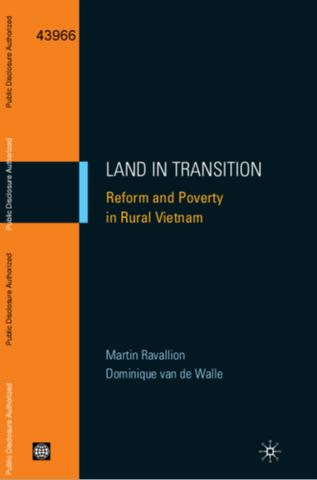Eviction and resettlement in Cambodia: human costs, impacts and solutions
The Office of the UN High Commissioner for Human Rights in Cambodia (OHCHR) has undertaken the present study to measure the human and socio-economic costs and impacts of eviction and resettlement in Cambodia, and explore solutions based on the Royal Government of Cambodia's domestic laws and policies and international human rights treaty commitments.



